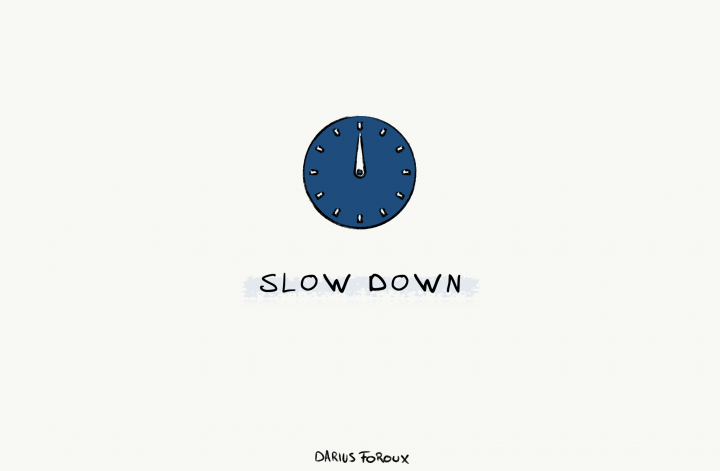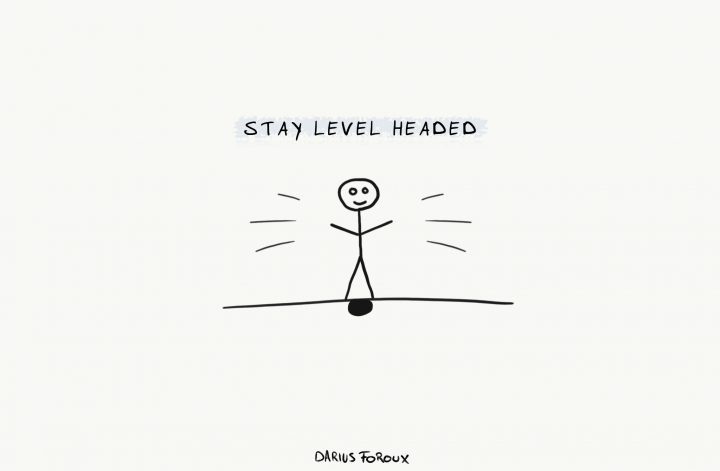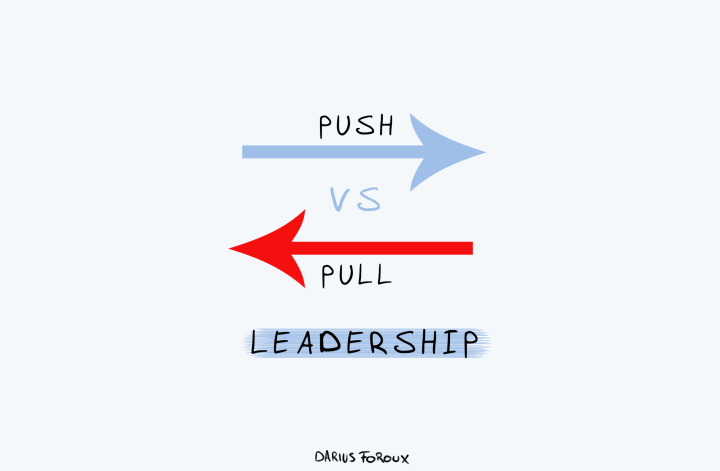Do you ever think, “who cares about anything that I have to say?”
Every time you have a similar thought like that, you’re developing impostor syndrome. There are many ways impostor syndrome expresses itself in your mind:
- “If I fail this, I will lose everything.”
- “What if people call me out?”
“I feel like a fake. I’m not the right person to talk about this.”
After these type of thoughts, we often try to downplay the effects:
- “It’s not a big deal.”
- “No one cares anyway.”
- “It’s a matter of luck, anyway.”
Those secondary thoughts are just a defense mechanism. We try to convince ourselves that our work isn’t important and that no one cares. We experience impostor syndrome when we have to lead people, share our ideas, give advice, etc.
And it’s more common than you think. Over 70% of people have experienced the feeling of being a fake at one time in their life. Recently I got this email from a reader:
“I have many ideas for creating passive income around email courses, ebooks and interactive learning, but I am absolutely terrified of exposing myself and content online.
I am worried that I will sound egotistical and that my content will be ridiculed. I also get performance anxiety when using social media (so I quit them), and when I used group chat channels on slack I end up saying things without thinking them through or over thinking them because I am so nervous that people are thinking that I’m an idiot.
Darius, have you ever experienced these issues and if so how have you overcome them?”
My answer is YES.
If you haven’t experienced the above, you’re an absolute maniac. In fact, I think there are a lot of narcissistic assholes on the internet who think they should create 5000 pieces of content per day.
A lot of people think they are the center of the universe. Let them. I can understand that some people believe that they are the most important person in the world. That’s just narcissism.
However, I can’t understand why normal people actually consume that content. It’s no different from being brainwashed by TV.
Look, every time I write an article, record a podcast or video, I think: This is nothing more than stroking my ego. Every person who creates something has a big ego.
No doubt about it. But that feeling is countered by one other thought: There might be one person out there who might find this useful. And that’s why I do it personally.
I honestly don’t give a fuck about attention. My blog could go in flames tomorrow and nothing would change about my life. I would still work, go to the gym, read, spend time with my girlfriend, and hang out with my friends.
But at the same time, I’m glad to see that people find my articles useful and that it helps them. You have to stay objective. If you’re good at something, acknowledge your strengths. That’s not ego.
That’s stating facts. Similarly, if you suck, you should also acknowledge that. No one is perfect. Nor will you ever become perfect.
So this is how I deal with impostor syndrome:
- Acknowledge the feeling
- Look at your motives (are you doing something for attention or to help others)
- Recognize the impact your work has
- Analyze your strengths and weaknesses
- Be humble
- Don’t be motivated by praise
- Always stay a student, and communicate this to others
When I deal with impostor syndrome, I’m afraid that people think that I think know it all. In general, know-it-alls are not respected. Learners and people who admit they don’t know everything are.
That’s why my final tip is the most important (at least, for me): See yourself as a student. When you teach, share your ideas, give advice, or lead people: Do it with the humility of a student.
If you’re good at something, people can tell. You don’t have to always stress it. Authority is earned. Not forced.
When you take on that mindset, imposter syndrome has no chance to manifest itself in your head.
Why? Because students are not impostors. They are here to learn. So don’t be afraid to make mistakes. And if you do, people will forgive you. You’re a student anyway. We all are.




